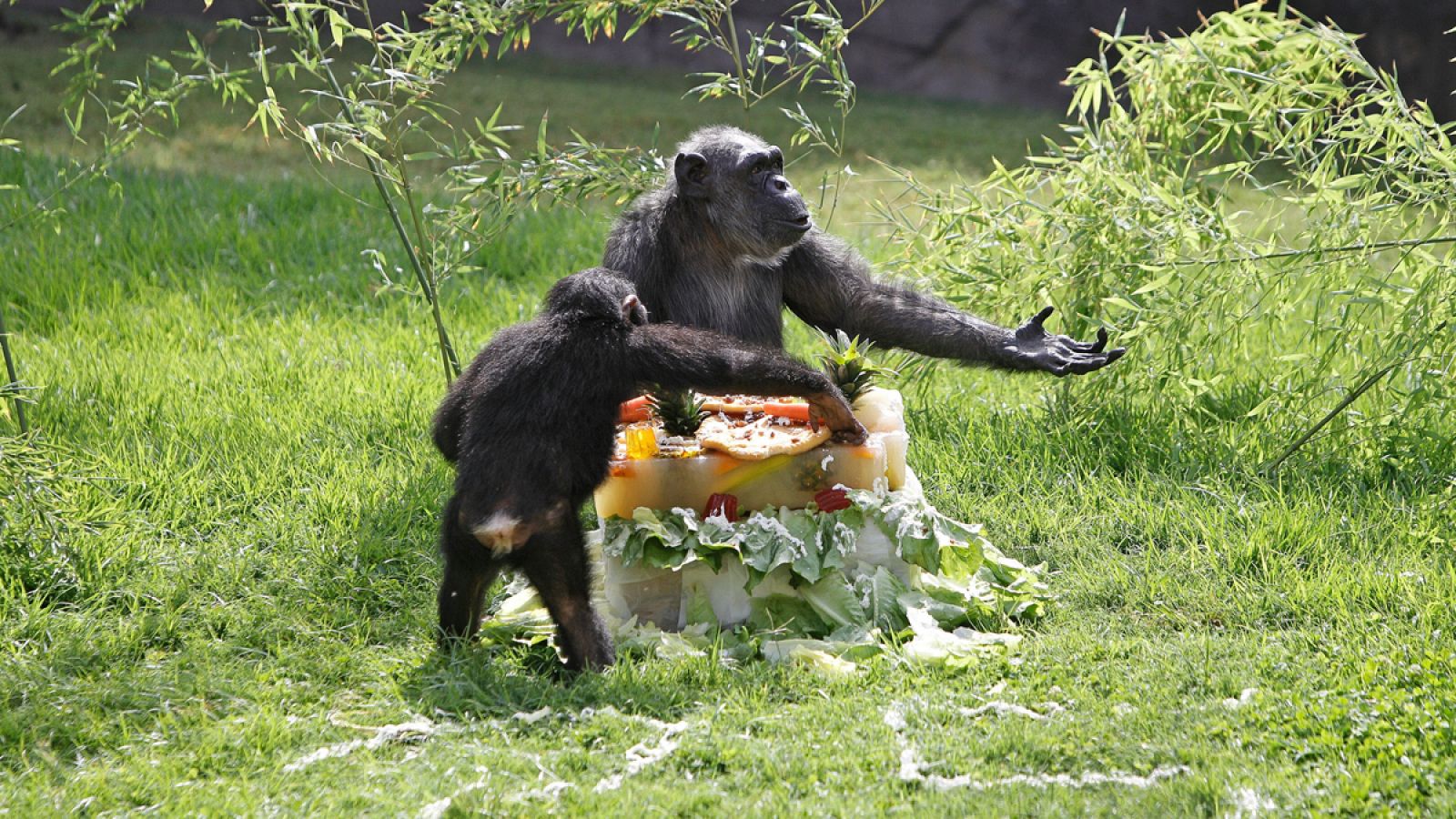A study conducted by researchers from the **University of Oxford** and published in **PeerJ** focused on the behavior of wild chimpanzees in Bossou, Guinea, and their ability to crack nuts with hammers and anvils.
This activity has been considered one of the most complex tool-use behaviors documented in **wild animals**.
## Organization of Actions in Chimpanzees
Using advanced statistical models, the researchers analyzed the sequences of **chimpanzee actions** and discovered that they organized their movements in a structured manner, showing patterns similar to those observed in **human behaviors**.
This similarity suggests that the ability to carry out **sequential and coordinated tasks** may have begun to develop much earlier [in our evolution](https://noticiasambientales.com/ciencia/los-monos-titi-tambien-responden-a-sus-nombres-al-igual-que-los-seres-humanos/).
## Linking Chimpanzees to Human Origins
The study’s results support the hypothesis that human sequential behaviors may have originated before the last **common ancestor of humans and chimpanzees**.
According to Dr. Elliot Howard-Spink, the study’s lead researcher, the fundamental aspects of these behaviors may have evolved before the last common ancestor and then elaborated during the **evolution of hominids**.

## Cognitive Complexity in Chimpanzees
The discovery that chimpanzees organize their actions sequentially with a **pattern similar to humans** underscores the complexity of their cognition and behaviors.
The ability to **plan and execute complex sequences** of actions is a key skill in human achievements and seems to be part of the behavior repertoire of our closest relatives.
The study opens the door to **new research** on how the relationships between **sequential actions** in chimpanzees emerge and how they developed throughout the evolution of hominids.
Although not all chimpanzees exhibit this behavior uniformly, the variability suggests that there are many factors involved in the expression of these skills.
## Understanding Our Evolution
As studies on the [behavior of primates](https://noticiasambientales.com/animales/por-que-son-amenazados-los-monos-aulladores-en-corrientes/) progress, we continue to unravel the mysteries of our own evolution. This study confirms that many of the traits we consider human may have had their origins much earlier than we thought.
Have you visited our YouTube channel yet? Subscribe now!

